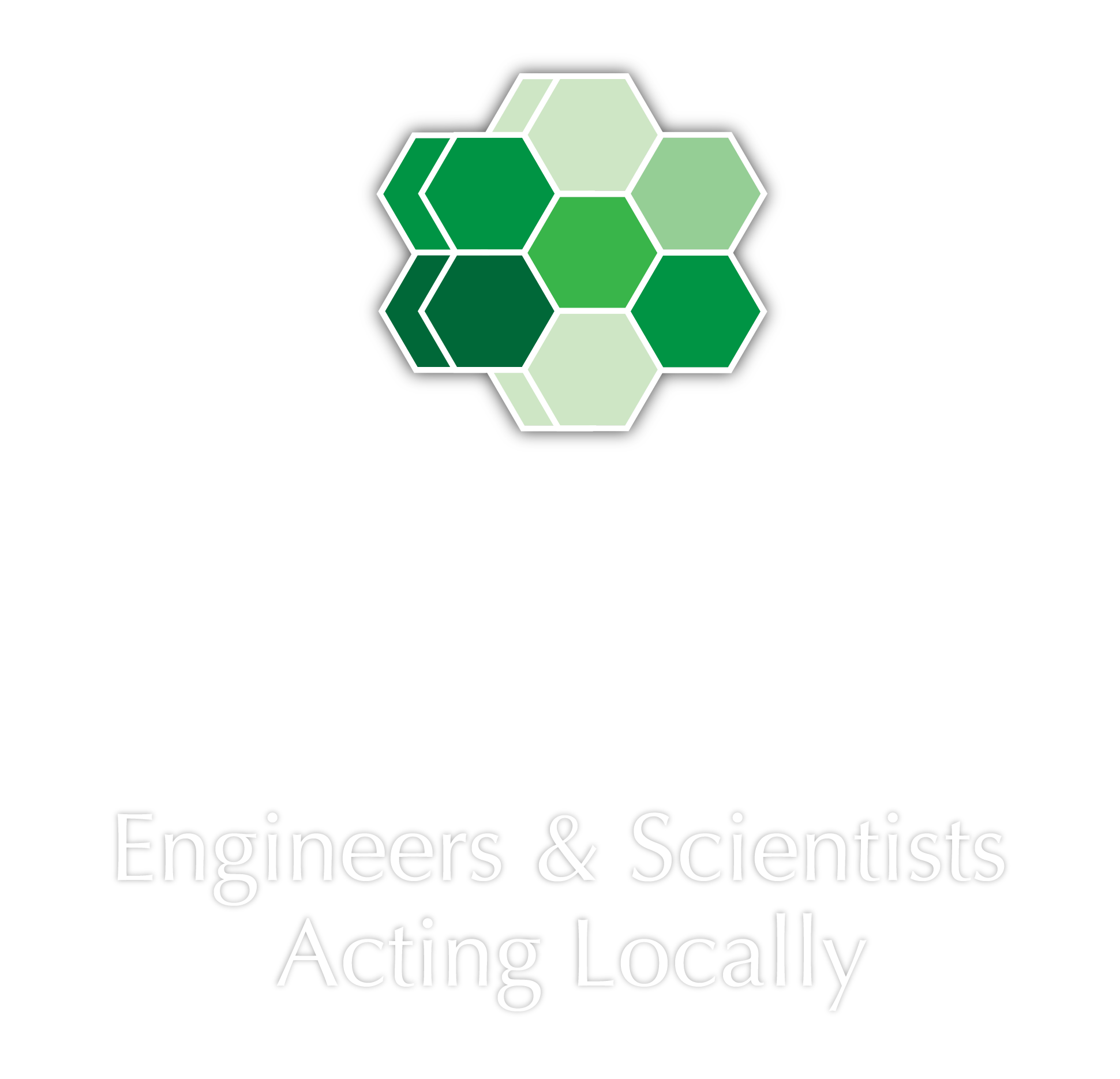Many facets of electricity generations, distribution, and consumption are overseen by state, county, and local officials. Most notably in the U.S., state public utility commissions play a critical role in shaping our electric grid and renewable energy policies. In addition, local authorities can promote energy efficiency by developing and implementing strategies that improve the efficiency of municipal facilities and operations or encouraging energy efficiency improvements in residential, commercial or industrial sectors with government-backed incentives. Because of the many ways that access to and use of electricity shape sustainable growth, industrial activity, development, and economic activity, state and local energy policy has far-reaching implications.



